The Trailblazers - Women in Politics
A historical look at the many "firsts" for women and women of color.
Let’s face it. We’ve been in the age of man since the beginning of, well… man.
Men have been the strong ones. The hunters. The warriors. The Kings. They were the founding fathers of our great democracy and diametrically been dictators and fascists of countries reaping havoc on societies. They’ve dominated leadership roles in all spheres of life: religions, politics, corporations and households. I mean… even God is depicted as a “man.”
Male dominance is not racist, either. It’s deeply rooted in patriarchal systems of all cultures and races. From small African tribes to large Roman empires — men have dominated and maintained authority over women in all aspects of life.
However, the late 19th and 20th centuries marked a significant shift. The rise of feminist movements and social changes began challenging male-dominated paradigms. Women increasingly demanded equality, autonomy, and representation, leading to greater access to education, voting rights, and employment opportunities.
And women of color, primarily African American women, have had a bigger mountain to climb in the United States.
But, when talking about women of color, we must first talk about women in general. White women, at least in the United States, had to be the ones to begin cracking the shell of male dominance.
Interesting quotes.
I believe we’re entering the age of the feminine and have been for some time. If you look at the basic energies of the masculine and feminine it makes more sense.
Male or masculine energy is representative of the following:
Action — initiative — logic — reason — strength — stability — Independence — order — discipline.
Female or feminine energy is representative of the following:
Nurturing — compassion — intuition — emotion — creativity — flow — collaboration — connection — flexibility — adaptability.
I’m sure you can argue some of these qualities but in general, they’re pretty accurate, at least according to professionals and psychologists who study these kinds of things.
Let’s look at some of the trailblazers who were the first to affect change.
The first nutcrackers, so to speak, going back to the 1800s.
I want to make a note here. As a white man of the Boomer generation, I think we are way overdue for the age of the woman because we need much more nurturing, compassion, and openness with our emotions, creativity and collaboration to name of few aspects. It’s a good thing. A whole book can be written about this (and probably has).
Women in all areas of life have certainly affected change, however, the easiest to notice are the women in the political arena. So, most listed below are related to politics. However, women trailblazers have affected all areas of our lives. At the bottom of this post, you’ll find a link to a wonderful site dedicated to this topic, which is where I picked up most of this amazing historical information.
I have to say, I had no idea some of these women ran for President of the United States even before they were allowed to vote.
There’s a lot of fun and interesting information. Enjoy!
1866.
The first woman to run for the U.S. House of Representatives
Elizabeth Cady Stanton was the first woman to run for the U.S. House of Representatives, even though she was not eligible to vote. She ran as an Independent from New York State, receiving 24 votes of 12,000 that were cast.
1872. Ran for president of the United States on the Equal Rights Party ticket.
Victoria Woodhull, a stockbroker, publisher, and protégé of Cornelius Vanderbilt, ran for president of the United States on the Equal Rights Party ticket.
Click here for a complete list of women who have run for president and vice president.
1887. The first woman mayor in the country.
Susanna Salter was elected mayor of Argonia, Kansas – the first woman mayor in the country.
1892. The first woman elected to statewide executive office in any state.
Laura Eisenhuth (D-ND) was elected superintendent of public instruction, the first woman elected to statewide executive office in any state.
1896. The first woman state senator in the country.
Martha Hughes Cannon (D) was elected to the Utah State Senate, becoming the first woman state senator in the country.
1916. The first woman ever elected to Congress.
Jeannette Rankin, a Republican from Montana became the first woman ever elected to Congress. She served in the U.S. House of Representatives from 1917 to 1919 and again from 1941 to 1942; a pacifist, she was the only lawmaker to vote against U.S. entry into both world wars.
1920
After 72 years of struggle, the 19th Amendment to the Constitution was ratified, giving women the right to vote
1965. The first woman of color in the U.S. House of Representatives.
Patsy Takemoto Mink, a Democrat from Hawaii, became the first woman of color and the first woman of Asian-Pacific Islander descent in the U.S. House of Representatives. She served until 1977 and was re-elected in 1990.
1968. The first Black woman to serve in Congress.
Shirley Chisholm, a New York Democrat, became the first Black woman to serve in Congress. She remained in the House of Representatives until 1982. Also ran for President in 1972.
1976. The first Arab American woman elected to Congress.
Mary Rose Oakar (D-OH) became the first Arab American woman elected to Congress.
1980. First Native American woman nominee for vice president in the United States.
LaDonna Harris appears to be the first Native American woman nominee for vice president in the United States. She ran on the Citizens Party ticket, which received less than one percent of the popular vote in the 1980 presidential election.
2007. The first woman to serve as Speaker of the U.S. House.
Representative Nancy Pelosi (D-CA) became the first woman to serve as Speaker of the U.S. House.
2008. The first woman to be a presidential candidate in every primary and caucus in every state.
Senator Hillary Rodham Clinton (D-NY) was the first woman to win a major party's presidential primary for the purposes of delegate selection when she won the primary in New Hampshire on January 8. She also became the first woman to be a presidential candidate in every primary and caucus in every state.
2022. Ketanji Brown Jackson. First African American women to serve on the Supreme Court.
The first woman in the U.S. to earn a Ph.D
Helen Magill White (born November 28, 1853, Providence, Rhode Island, U.S.—died October 28, 1944, Kittery Point, Maine) was an educator who was the first woman in the United States to earn a Ph. D.
The first African-American woman to receive a PhD in the United States.
Georgiana Rose Simpson (1865–1944) was a philologist and the first African-American woman to receive a PhD in the United States. Simpson received her doctoral degree in German from the University of Chicago in 1921.
1972. The first female CEO at a Fortune 500 firm.
Back in 1972, Katharine Graham became the first female CEO at a Fortune 500 firm when she took over The Washington Post. As recently as 2017, there were only 32 women running the nation's biggest firms.
2009. The first black woman to lead a Fortune 500 company.
Ursula M. Burns (born September 20, 1958) is an American businesswoman. Burns is known for her tenure as the CEO of Xerox from 2009 to 2016. In this role, Burns was the first black woman to lead a Fortune 500 company.
For a complete historical list of women in politics, please click the link below.





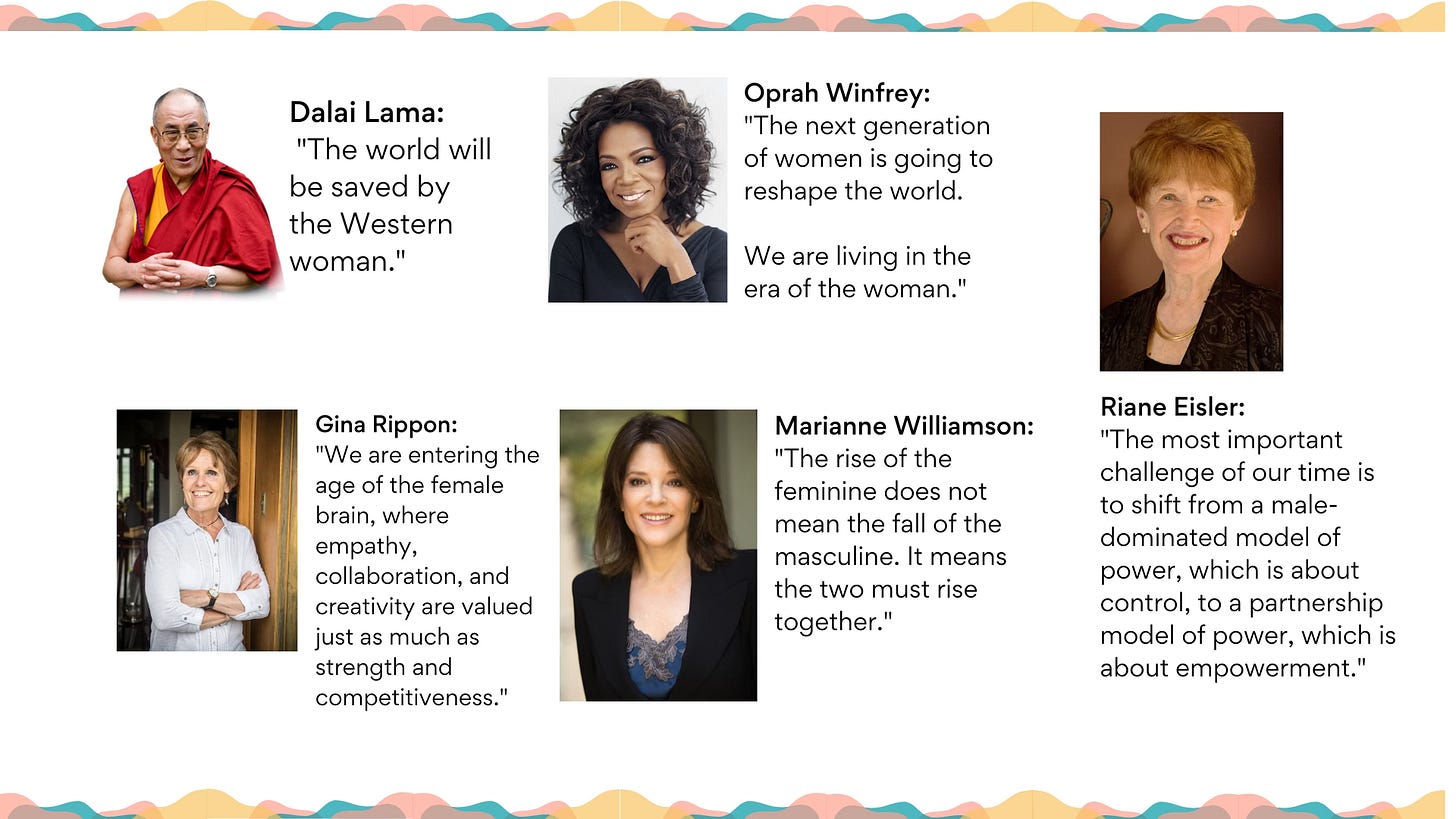

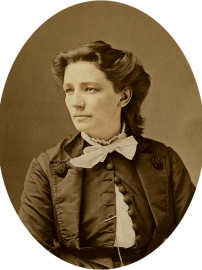


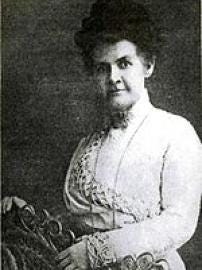
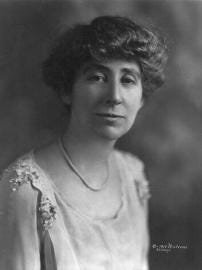
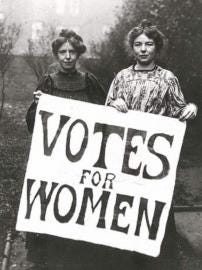
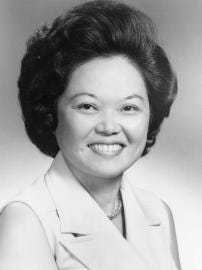
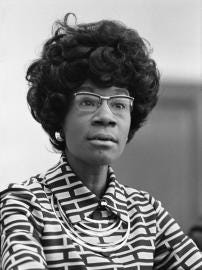




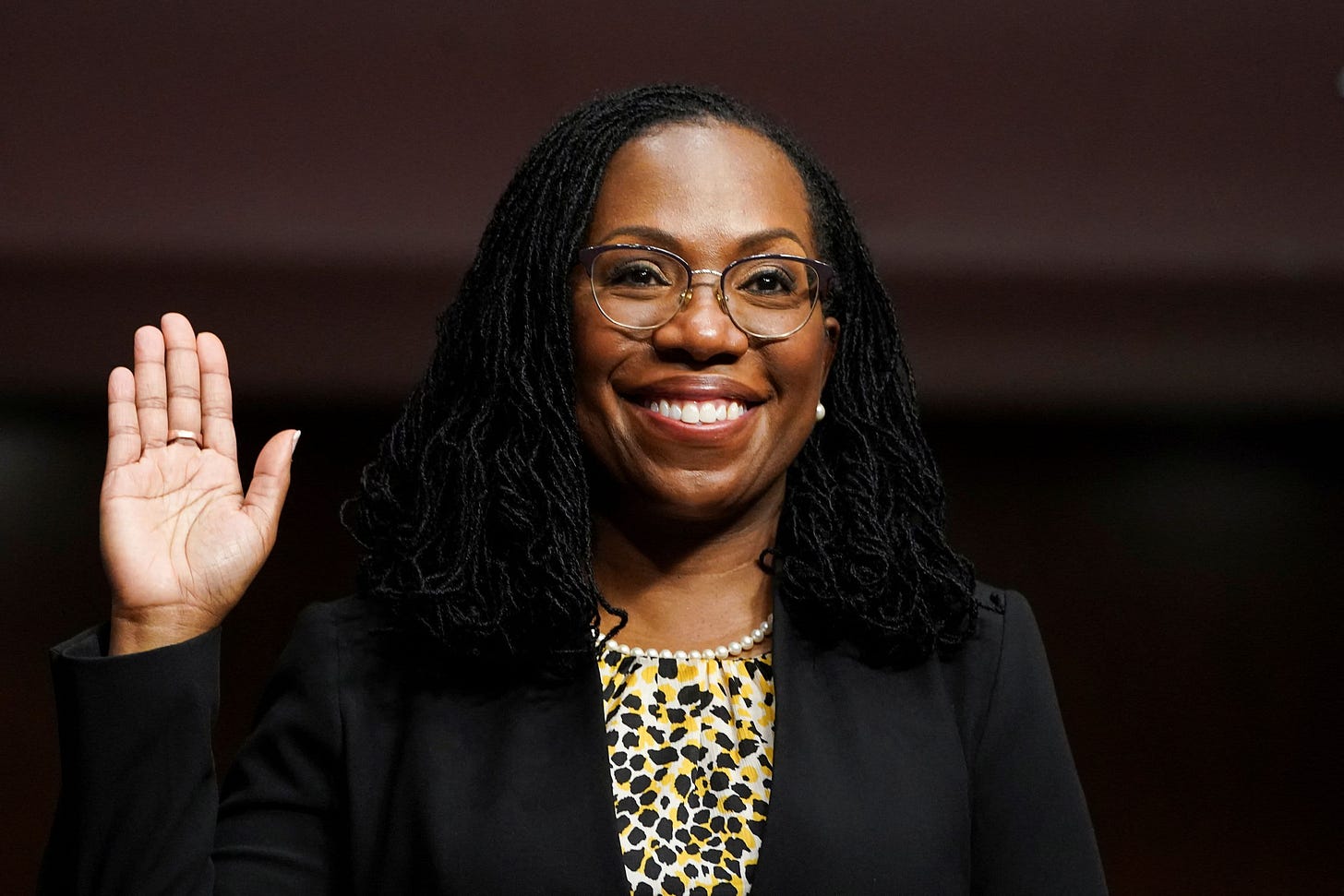
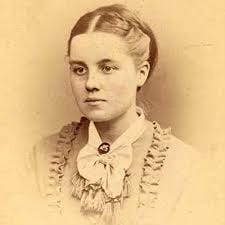



This is very cool. I’m surprised at how many women ran for office without even having the right to vote.